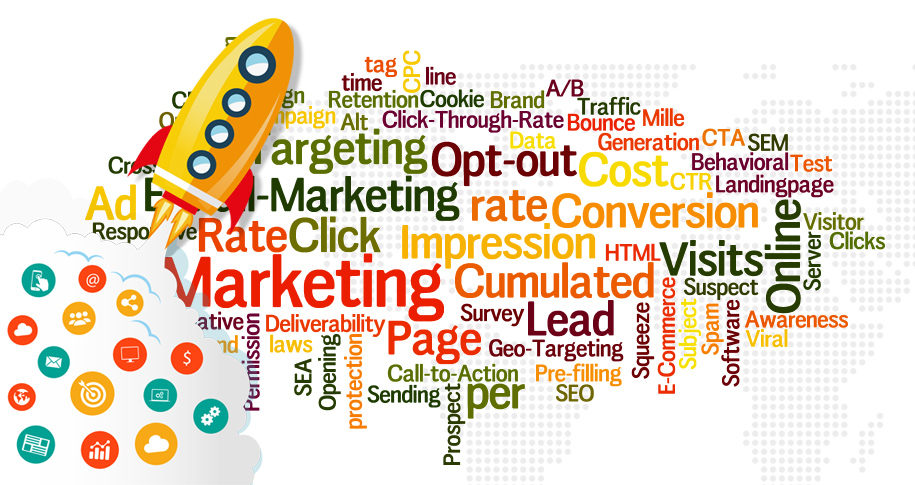What Is Just-In-Time Marketing?
Just-in-time (JIT) marketing is a strategy that delivers personalized and relevant messages to customers at the exact moment they are needed. It focuses on providing timely and contextual communication based on real-time data, helping brands engage customers effectively and drive immediate action.
Why Is Just-In-Time Marketing Effective?
- Increased Relevance
- JIT marketing uses real-time insights to deliver messages tailored to the customer’s current context.
- Example: Sending a discount code when a customer abandons their cart.
- Higher Engagement
- Personalized and timely messages are more likely to capture attention and drive interaction.
- Example: Recommending products based on recent browsing behavior.
- Improved Customer Experience
- By anticipating needs and providing timely solutions, brands enhance customer satisfaction and loyalty.
- Maximized ROI
- JIT marketing reduces wasted efforts by targeting customers who are most likely to engage.
- Adaptability
- The strategy allows brands to respond quickly to changing customer preferences and market trends.
Key Components of Just-In-Time Marketing
- Real-Time Data Collection
- Leverage tools like analytics platforms, CRMs, and social listening tools to gather actionable data instantly.
- Automation and AI
- Use automation platforms to deliver messages at scale without delays. AI helps personalize recommendations and predict customer behavior.
- Omnichannel Approach
- Ensure seamless messaging across channels, such as email, social media, and push notifications, for a unified experience.
- Behavioral Insights
- Analyze customer behavior, such as purchase history or site activity, to deliver relevant content.
- Timely Execution
- Ensure messages reach the audience at the optimal time to maximize impact.
Examples of Just-In-Time Marketing
- E-Commerce
- Sending a notification about a flash sale when a customer is browsing similar products.
- Travel Industry
- Offering last-minute deals based on a user’s search history for flights or hotels.
- Fitness Apps
- Sending motivational messages or reminders based on user activity patterns.
- Retail
- Providing in-store promotions through mobile apps when a customer enters a store.
Challenges of Just-In-Time Marketing
- Data Dependency
- The strategy relies heavily on accurate and up-to-date customer data.
- Privacy Concerns
- Ensuring compliance with data protection regulations, such as GDPR, is crucial.
- Execution Speed
- Delayed messaging can reduce the effectiveness of the strategy.
Conclusion
Just-in-time marketing is a powerful approach for delivering timely, relevant, and personalized experiences. By leveraging real-time data and automation, brands can enhance engagement, improve customer satisfaction, and drive immediate results.
Explore More Terms
1. Quiet Quitting2. Recruitment Marketing
3. Remote Work
4. Retention Strategy
5. Succession Planning (2)
